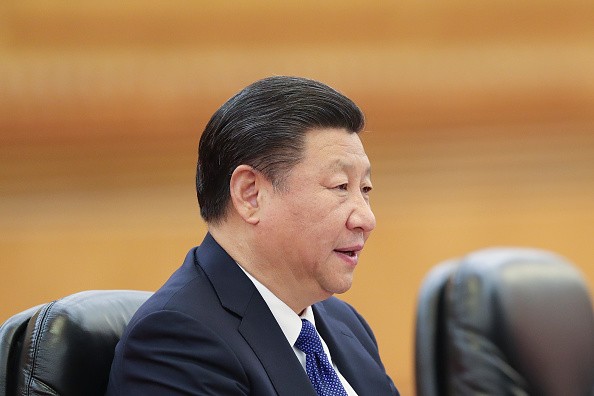China is in a position wherein it can fully assume the leadership role in the global economy unless the United States decides to halt its pivot to protectionism, the Straits Times reported.
And in this power play, countries in the background have little choice than to accept the change, whatever it may be.
“In the long term, China is going to expand its influence in the region and beyond, and it’s going to be a period--could be five years, could be 10--of very substantial rejigging of international trade and financial systems in a way that’s more to China’s liking, especially if the U.S. continues down the path of not providing leadership and disengaging,” Eswar Prasad, an academic from Cornell University and a senior fellow at the Brookings Institution, told the audience in his lecture at the Pan Pacific Singapore Hotel.
Although peripheral countries in the Asian region have little say in who will become the leader in global economy, Professor Prasad noted that these countries will most likely accept China if it assumes the leadership role.
“Not quite as friends, not quite with trust, but more with a sense of inevitability,” Professor Prasad said. There are advantages in aligning with China, after all.
Professor Prasad also told the audience that although the power shift might seem peaceful at first, tension will bubble under the surface, ready to explode anytime.
Ever since Donald Trump assumed the presidential office, the United States’ “America first” policy is weakening the hegemon’s influence in the world. In contrast, China is flexing its muscles by engaging in bilateral and multilateral agreements, as well as investing in emerging economies.
Currency-wise, however, the Chinese yuan has nothing to say against the U.S. dollar, as China has yet to gain international trust regarding the country’s legal and political systems, where reform remains out of sight and out of mind.






















